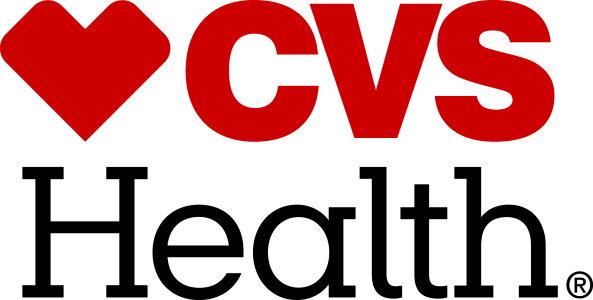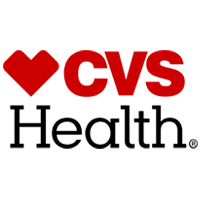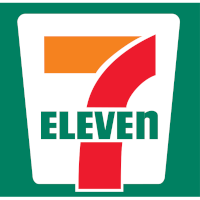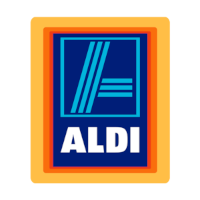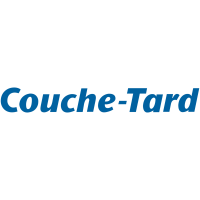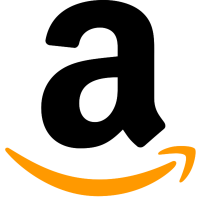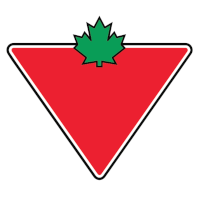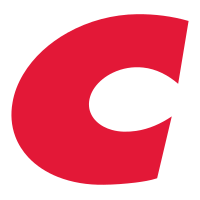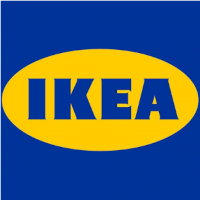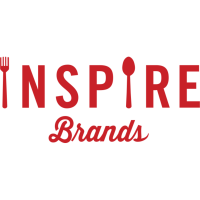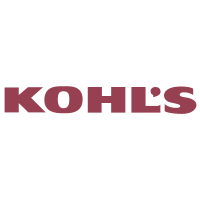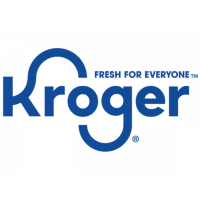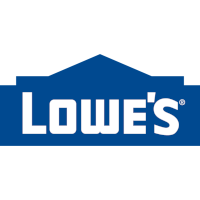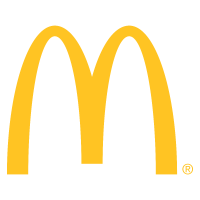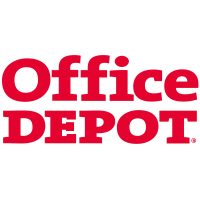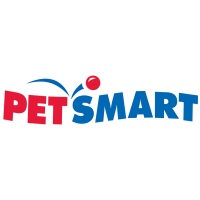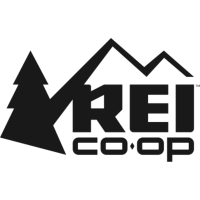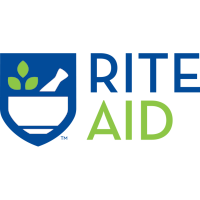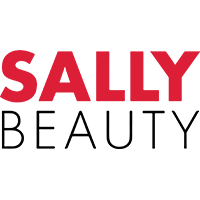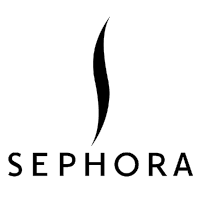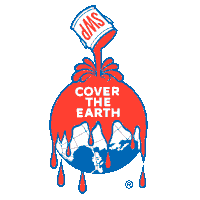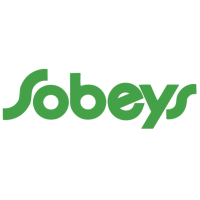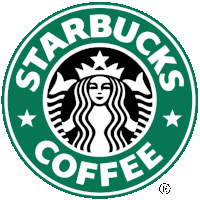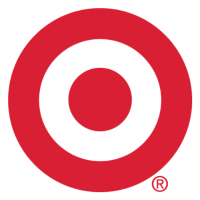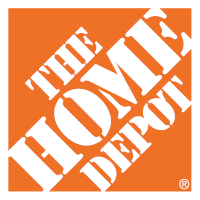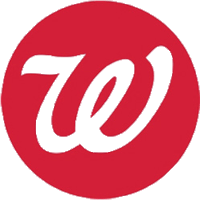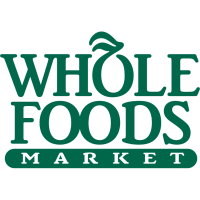Key Findings and Recommendations
- Corporate Commitment: Building on its 2007 Cosmetics Safety Policy, CVS Health adopted a Chemical Safety Policy in the summer of 2024 that includes a clear preference for safer alternatives. The company should take additional action by participating in the Chemical Footprint Project survey to improve its chemicals management and publicly supporting governmental policies to reduce chemicals and plastics of high concern.
- Transparency: CVS Health requires all suppliers of private-label and brand-name formulated products to disclose to it chemical ingredients. The company will provide supplier access to its PurView product screening catalog the second half of 2024. The company should expand its accountability measures to ensure suppliers comply with its chemical restrictions and disclose formulated product ingredients to consumers. CVS Health should also evaluate and disclose its chemical footprint.
- Ban the Bad: CVS Health maintains a restricted substance list (RSL) for various private-label products such as beauty and personal care, household, baby, and child products. The company has set a goal to eliminate certain plastics such as PVC by 2030 and eliminated bisphenols in thermal receipt paper in 2020. Building on its success restricting chemicals in private-label products, CVS Health should expand its RSL to restrict the same chemicals in brand-name products and set public quantifiable goals with clear timelines for brand-name suppliers.
- Safer Solutions: CVS Health’s Chemical Safety Policy includes a definition of safer alternative that is consistent with Washington state. In eliminating bisphenols in receipt paper, the company adopted the safer solution of digital or no receipt options, eliminating 500 million receipts in 2023. CVS Health should expand its work on safer solutions by investing financial resources in tools and research to help its suppliers evaluate safer alternatives to chemicals and plastics of high concern and certifying more of its private-label products to credible third-party standards, such as EPA Safer Choice.
2024 Detailed Analysis of CVS
Corporate Chemicals Policy
Adopted a safer chemicals policy
Oversight
Established management oversight
Chemical Footprint Project (CFP)
Participated in the CFP
Collaboration
Actively participates in collaborative process to promote safer chemicals
Public Policy Support
Supported governmental policies to reduce chemicals or plastics of high concern
Supply Chain Disclosure
Brands report use of chemicals or plastics in products or packaging to retailer
Supplier Accountability
Ensures supply chain accountability for chemicals or plastics restrictions
Consumer Disclosure
Brands disclose use of chemicals or plastics to consumers
Chemical Footprint Calculation
Publicly disclosed its chemical footprint
Restricted Substances List (RSL)/Manufacturing Restricted Substances List (MRSL)
Reduction/Elimination Goals
Chemicals and Plastics Reduction
Reduced or eliminated toxic chemicals or plastics of high concern
Safer alternative definition
Adopted a definition of safer alternative consistent with Washington state
Investment in Safer Solutions
Invested financial resources to advance and drive development of safer solutions
Implementation of Safer Solutions
Replaced chemicals or plastics of concern with safer solutions
Quantified Safer Products
Measured and disclosed progress towards safer products
How does CVS compare to its competitors?
Previous Grade History
NOTE: Our evaluation criteria changed in 2024. The scores from previous review years through 2021 are based on a different set of criteria measured.
Click or tap on a grade year to review additional details (where available).

